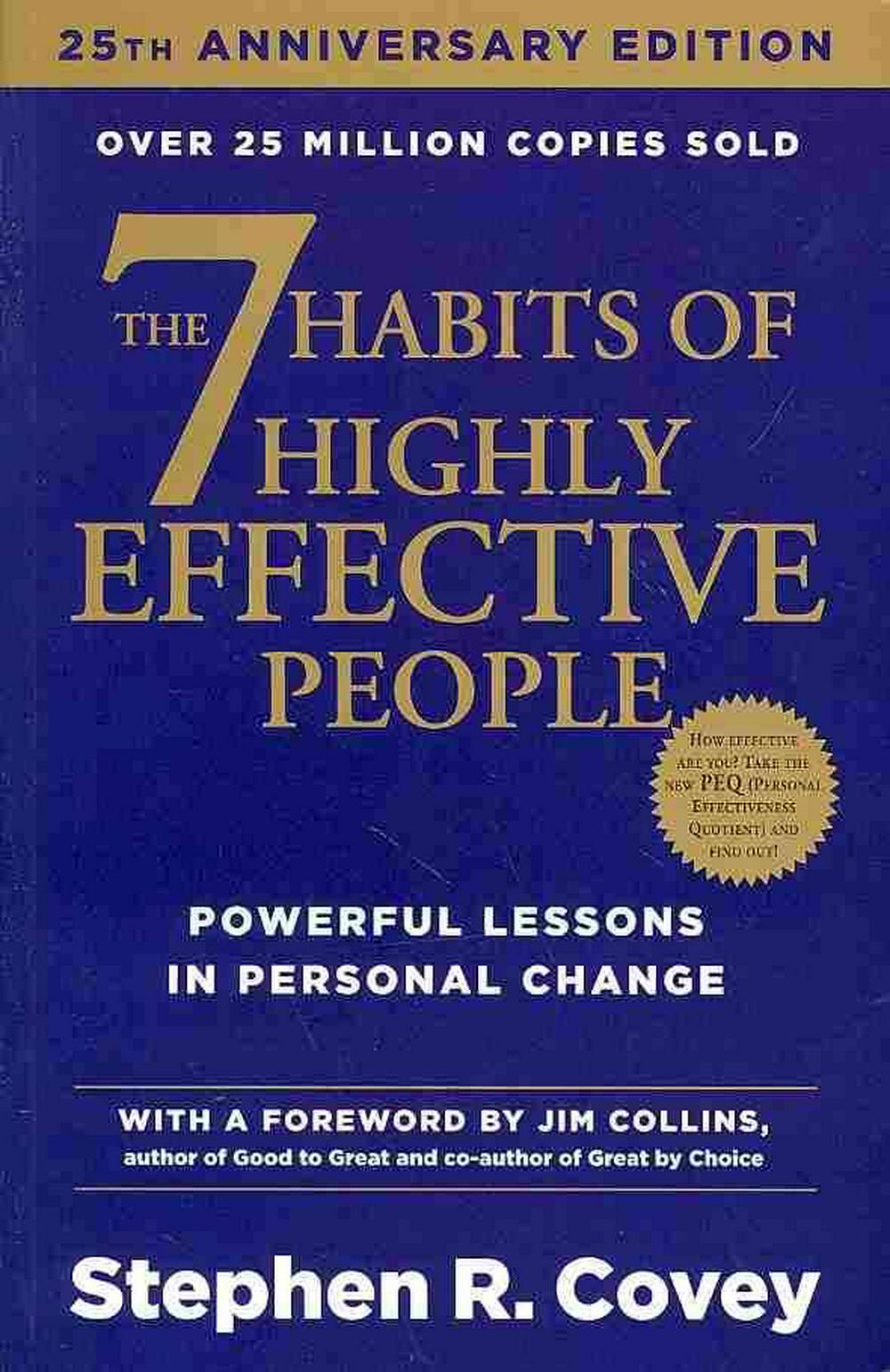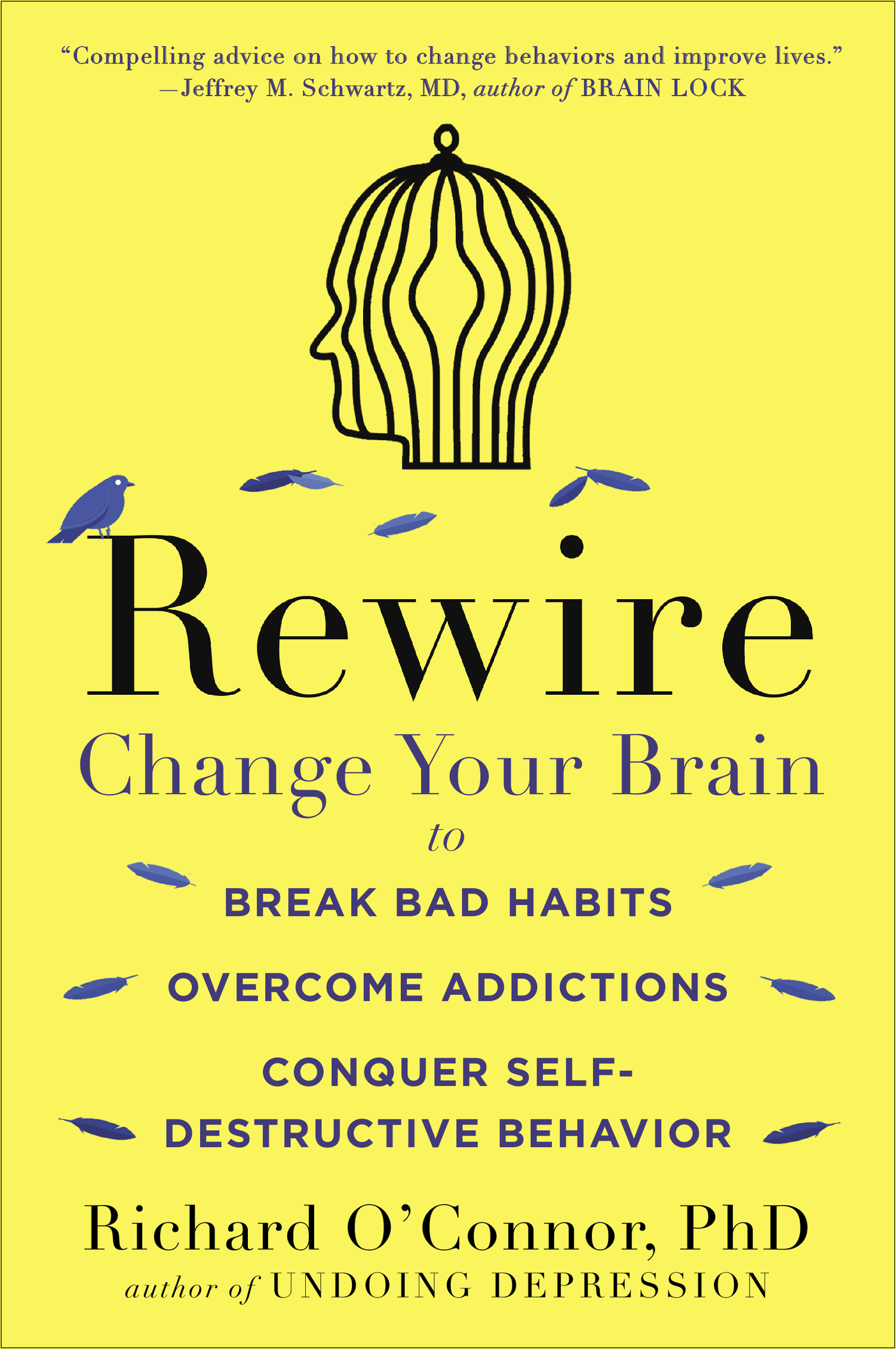Stephen R. Covey may not be a household name but his book certainly is – The 7 Habits of Highly Effective People. This influential work has sold over 25 million copies in 40 languages, and, 25 years on, is still popular and respected. During this time, Stephen R. Covey has met and shared his insights with over 50 Heads of State, including Bill Clinton, Nelson Mandela and Michail Gorbachev. The idea of “7 Habits” has even inspired parodies and entered the vernacular.
The 7 habits that Stephen R. Covey highlights are traits that he believes will improve a person’s behaviour and character ethics – and form the basis of their personal and professional success. They include:
- Be proactive
- Begin with the end in mind
- Put first things first
- Think “win-win”
- Seek first to understand, then to be understood
- Synergise
- Sharpen the saw (i.e. undergo frequent self-renewal)
What makes Stephen R. Covey’s ideas fresh and challenging is that they bridge management strategies and self help – he argues that the success of organisations depends on the behaviour of individual workers. Interestingly, this concept is not new – he acknowledges that he draws inspiration from historical “success literature” that emphasises how personal character, ethics and self-discipline have contributed to personal success.
The 7 Habits of Highly Effective People has inspired many books that offer to help us understand and make great habits. These include:
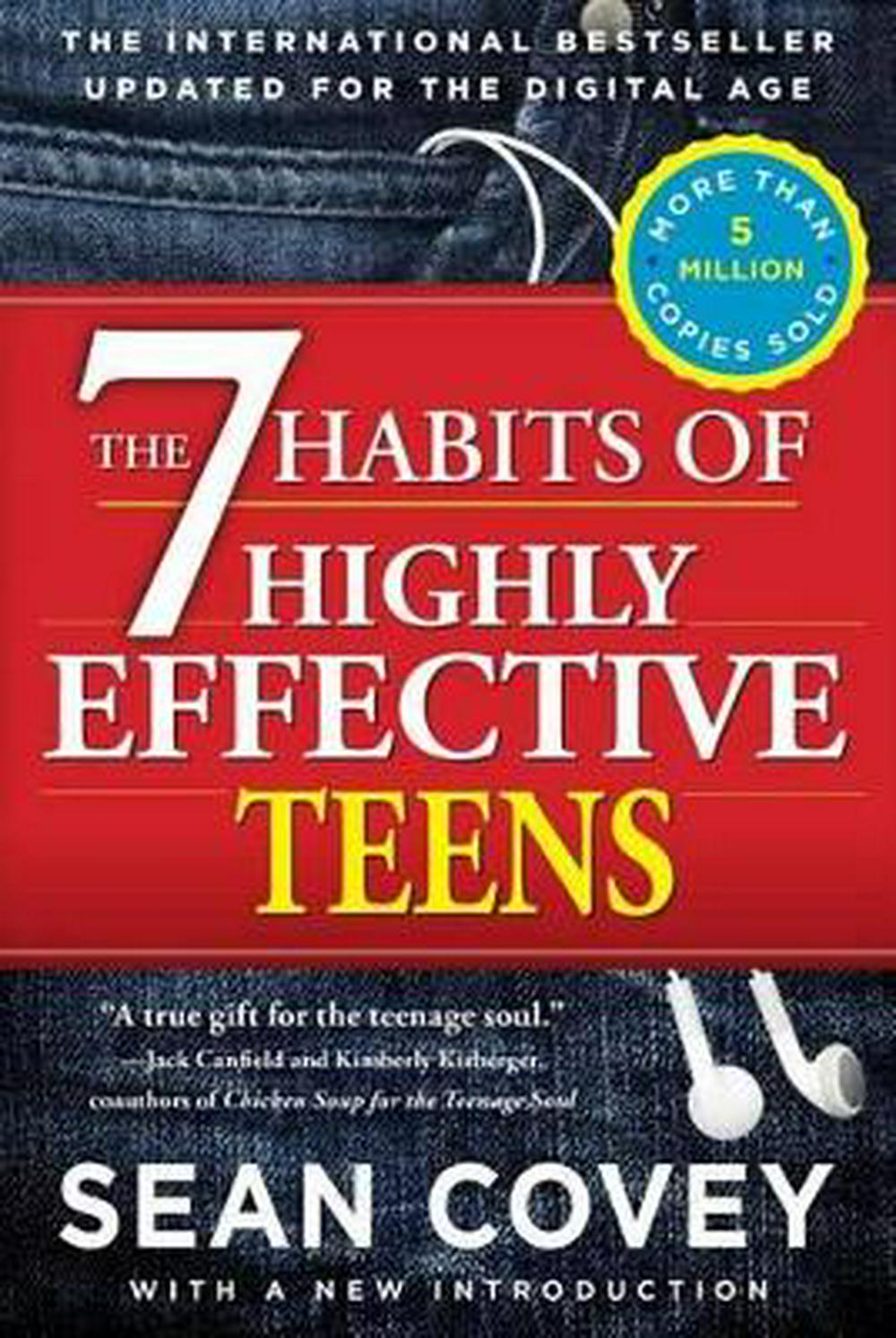 The 7 Habits of Highly Effective Teens by Sean Covey
The 7 Habits of Highly Effective Teens by Sean Covey
Sean Covey is Stephen R. Covey’s son, and he has adapted the messages in The 7 Habits of Highly Effective People to better target a teen audience. The 7 Habits of Highly Effective Teens is popular in its own right, has been praised by psychologists and also been incorporated into school curricula.
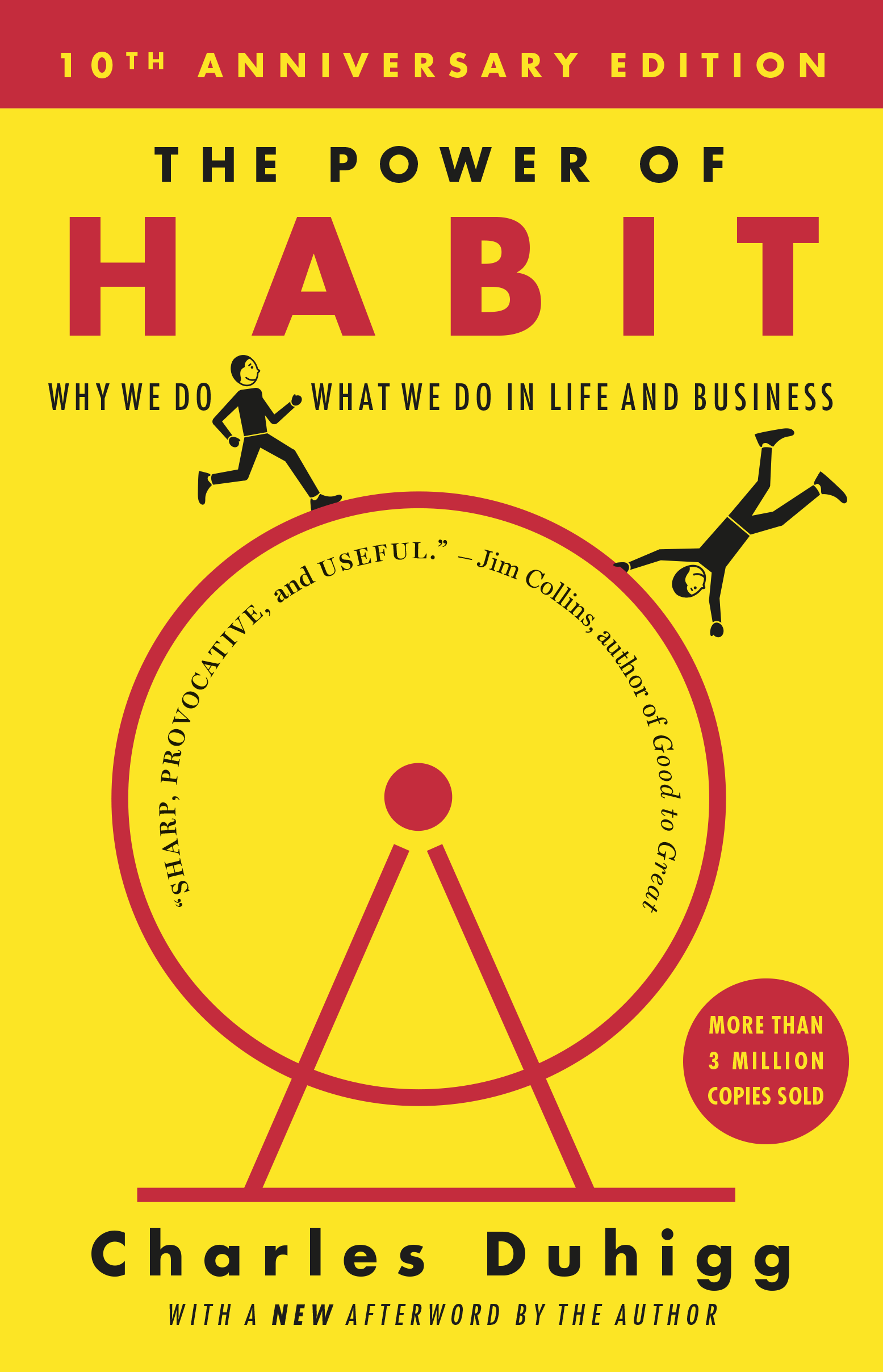 The Power of Habit: Why We Do What We Do in Life and Business by Charles Duhigg
The Power of Habit: Why We Do What We Do in Life and Business by Charles Duhigg
Charles Duhigg, a journalist for The New York Times, explores the psychology and neuroscience behind how and why habits are created; he also illustrates his findings with entertaining case studies showing how companies have unlocked incredible success by changing people’s habits – by luck or design. The Power of Habit is not a self-help book per se but its insights help us better understand how we can fine-tune or change our habits.
Do you know you have bad habits, but still can’t break them? Then Rewire is here to help you. Richard O’Connor uses psychotherapy techniques to design exercises aimed at permanently disrupting destructive behaviour, including procrastination, internet addiction, overeating, and risk-taking. The key, he suggests, is to recognise that these habits are autopilot behaviours that can only be erased with deliberate and patient coaching.
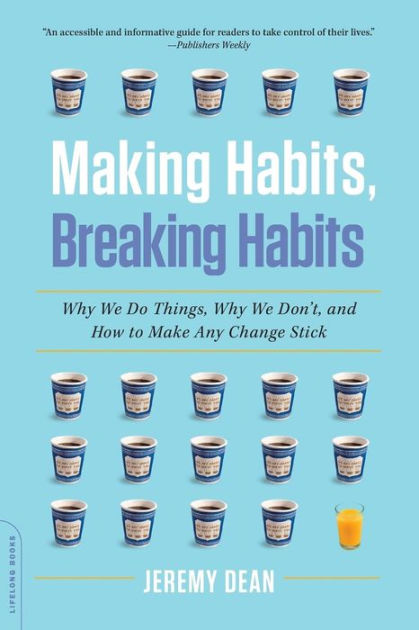 Making Habits, Breaking Habits: Why we do Things, Why we don’t, and How to Make Any Change Stick by Jeremy Dean
Making Habits, Breaking Habits: Why we do Things, Why we don’t, and How to Make Any Change Stick by Jeremy Dean
Making Habits, Breaking Habits is both an explanation of the science behind habits, and a guide to changing them. Jeremy Dean has ploughed through vast amounts of academic psychology research and distilled it into a scholarly yet approachable summary of what we know about human habit formation. A timely section pays particular attention to online habits such as Facebook addiction. Jeremy Dean also surveys current techniques for making and breaking habits, before deriving his own strategies. An appealing aspect of his work is that he does not just focus on physical habits (such as smoking or exercise), but also on changing habits that affect creativity and happiness.
